Cameroon
Dr. Georges Bwelle, head of visceral surgery at the Yaoundé Central Hospital, is operating in the Nkongsamba prison, 150km north of Douala. Every weekend, he goes with his team from the Ascovime association to remote areas of the country to treat those who cannot afford it.
His vocation came about in his early childhood. Born into a modest family in Douala, the young boy saw his father's health deteriorate following a road accident, due to a lack of access to a specialist doctor.
After his studies, he began to travel the roads of his country. "With the little money I had, I bought medicines and treated three or four people, then 10, then 100," he told AFP.
Little by little, a team of doctors gathered around him. He created the Ascovime association in 2008. Today, it carries out around forty missions a year, offers consultations to 40,000 people, operates on around 1,400 of them and gives school equipment to 20,000 children.
Most of the time, Ascovime goes to rural areas, where access to health care is scarce and difficult, including the English-speaking regions plagued by separatist conflict, and the far north, affected by jihadist incursions by the Boko Haram group.
In Cameroon, a central African country of some 25 million people ruled for more than 38 years by Paul Biya, the poverty rate is almost 40%, and a third of the population lives on less than 2 euros a day. Life expectancy is 59 years.
AFP




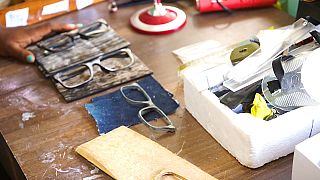
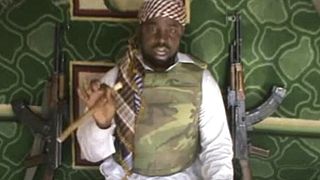
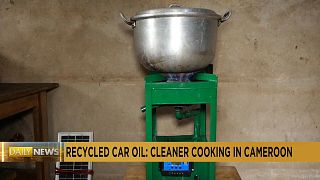
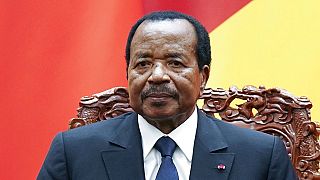


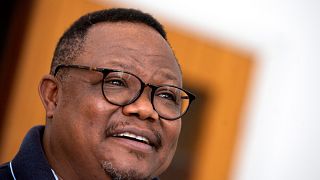
00:49
Teachers strike shuts down schools across Cameroon
Go to video
Nigeria's market doctors bring healthcare directly to traders
Go to video
Nigerian Football Federation guilty of negligence in footballer's death
01:54
Uganda: the infiltration of plastics into agricultural fields and food raise concern
Go to video
The Okwelians: Unlocking New Economic Paths for Cameroon [Business Africa]
00:47
Malaria confirmed as cause of deadly outbreak in DRC